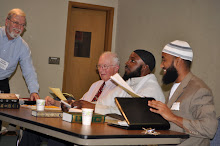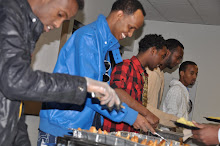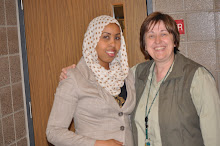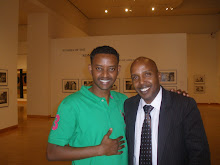
New immigrants: Glad to be in the land of the free
By Jamie Hughes • jahughes@stcloudtimes.com • July 4, 2009
Read Comments(49)
Ahmed Abdulle doesn’t need July 4 to celebrate living in the United States. He does it, on some level, 365 days a year.
“When I sleep at night, I think about the life I was in and the life those people are in and are having there,” he said.
Abdulle is originally from Somalia. He fled his home country in 1996 because of its violent unrest, spent a decade in a refugee camp in Kenya, then came to the United States in 2006.
Abdulle, a 27-year-old electrical engineering student at St. Cloud State University, said security is the best gift the states has given him and other refugees.
“First of all, if you don’t have security, you can’t work and if you can’t work you won’t be able to have a life,” he said. “As a human being you need security. Another thing is we see war every night. You don’t know when you will die. This problem will get you. Right now all we worry about is the people who stay there, who are in the refugee camps.”
He said security also offers the mind a rest.
“If you don’t have security you won’t be able to function in a peace of mind,” he said. “You won’t be able to be creative. You won’t be able to do anything.”
Although he’s grateful for what the United States has given him, Abdulle said he was a bit naïve about the land of opportunities that awaited him before he left Kenya.
Abdulle said the weather is what shocked him first and foremost.
“The first time I landed it was January, so it was snow all over the place,” he said. “We use ice over there to cool the water so we can drink so I thought ‘what’s going on here?’ There’s ice all over the place so the first that scared me was the ice, the snow, the cold weather.”
But aside from a large climate difference, Abdulle said he was too optimistic about finding a job.
“When I came here I didn’t have relatives here so what happens is you have to stand by your own,” he said. “You have to go out and find a job, you don’t know how to search (for) a job, you have to sustain your life ... you don’t have a penny. So life was also tough here in the first year.”

















































